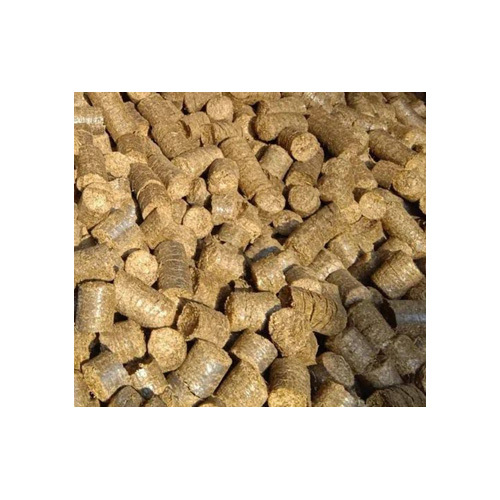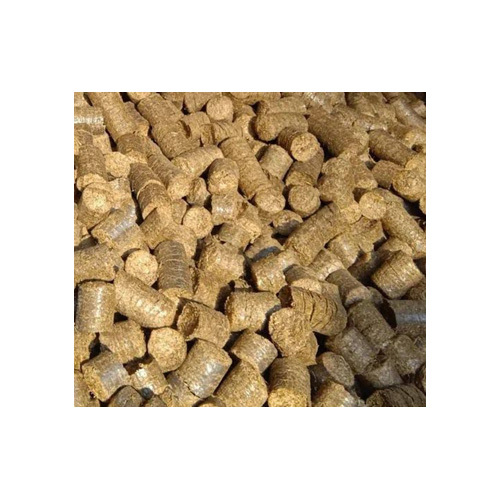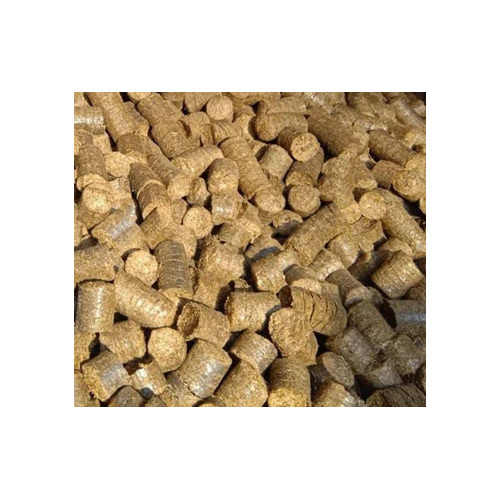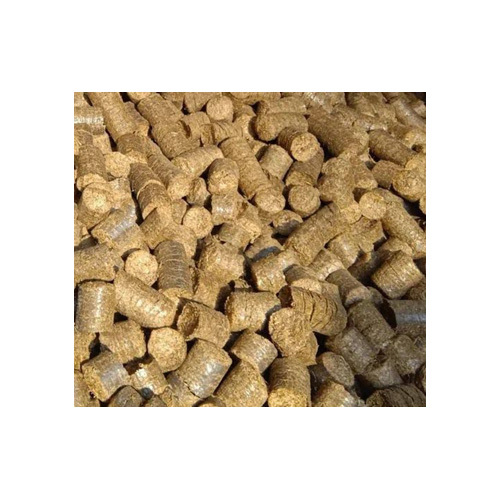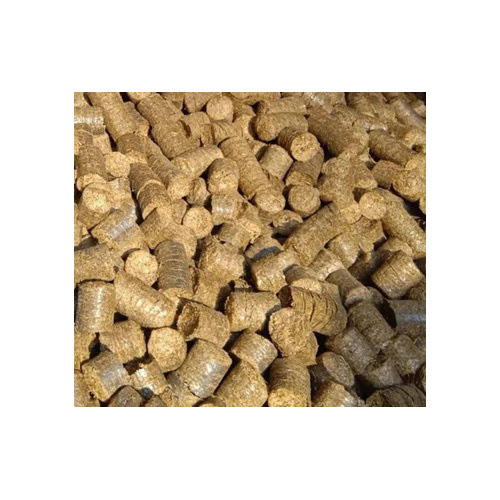30mm Mustard Husk Briquettes
Product Details:
- Size 30mm
- Gross Calorific Value burning time-2hrs
- Material Mustard husk
- Shape Cylindrical
- Moisture (%) 5%
- Ash Content (%) 11%
- Click to View more
30mm Mustard Husk Briquettes Price And Quantity
- 13000.0 INR/Ton
- 10 Ton
30mm Mustard Husk Briquettes Product Specifications
- Cylindrical
- 11%
- burning time-2hrs
- 5%
- Mustard husk
- 30mm
30mm Mustard Husk Briquettes Trade Information
- Cash in Advance (CID)
- 7 Days
- Contact us for information regarding our sample policy
- All India
Product Description
Mustard Husk Boiler Briquettes are high-density biomass fuel made from compressed mustard husk residue, a by-product of mustard seed processing. Shaped into compact 30mm cylindrical briquettes, they are optimized for use in small to medium-sized boilers and thermal heating systems. These briquettes offer a burning time of 2 hours, with ash content around 11%, and are priced competitively at Rs 13/kg. They are a clean-burning, renewable substitute for firewood, diesel, and even coal in many heating applications.
Product Specifications:
| Parameter | Value |
|---|---|
| Diameter | 30 mm |
| Raw Material | Mustard Husk (Agro-waste) |
| Burning Time | 2 hours |
| Calorific Value | Approx. 32003400 kcal/kg (typical) |
| Ash Content | 11% |
| Moisture Content | 56% (typical for husk-based fuel) |
| Price | Rs 13/kg |
| Application | Small & Medium Boilers, Thermal Units |
-
Efficient Burn (2 hrs): Designed for steady heat generation in boilers.
-
Eco-Friendly Biomass: Made from agricultural waste with no harmful additives.
-
Cleaner Alternative to Coal: Lower emissions, reduces dependence on fossil fuels.
-
Low Moisture: Allows easy ignition and better combustion.
-
Moderate Ash (11%): Typical for husk-based fuels; manageable for boiler systems.
-
Compact Size (30mm): Ideal for stoker-fed and automated boiler systems.
Applications & Use Cases:
-
Small & Mid-Sized Industrial Boilers:
Used in dairies, textile units, food processing, agro-industries. -
Hot Air Generators & Thermal Fluid Heaters:
Suitable for heating operations that require consistent energy at medium temperatures. -
Rural and Institutional Heating:
Practical for community centers, small plants, or rural commercial kitchens. -
Hybrid Fuel Systems:
Can be blended with coal or other briquettes for flexible fuel management.
Frequently Asked Questions (FAQs)
Q1. What makes mustard husk briquettes ideal for boilers?
A1. Their size, density, and steady burn make them suitable for controlled combustion in boiler chambers.
Q2. What is the typical ash residue like?
A2. Ash content is about 11%, which is common for husk-based briquettes. The ash is dry and easy to clean.
Q3. Can I use these in place of diesel or coal?
A3. Yes. They are an economical and cleaner substitute in most thermal applications.
Q4. How should these briquettes be stored?
A4. Store in a dry, ventilated area to prevent moisture absorption and maintain combustion quality.
Q5. Are they compatible with automatic feeders or stoker boilers?
A5. Yes. The 30mm size works well with many automated and semi-automatic feeding systems.
Q6. Do these qualify for carbon credits or green energy incentives?
A6. In many regions, using biomass briquettes helps qualify for sustainability certifications and clean energy subsidies.

Price:
- 50
- 100
- 200
- 250
- 500
- 1000+
